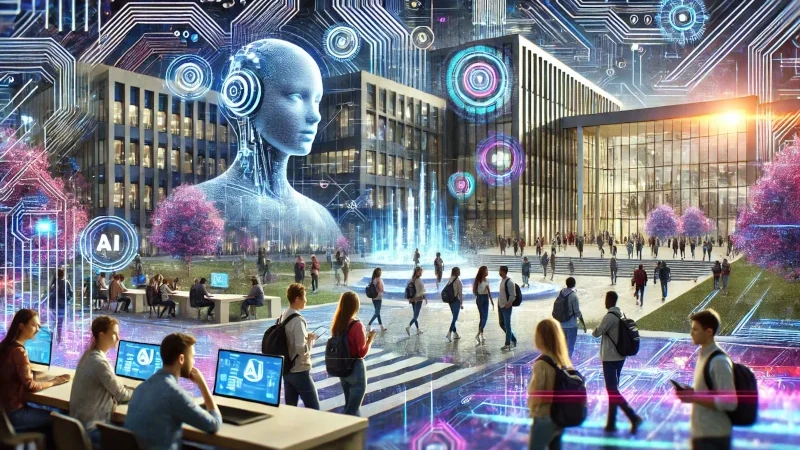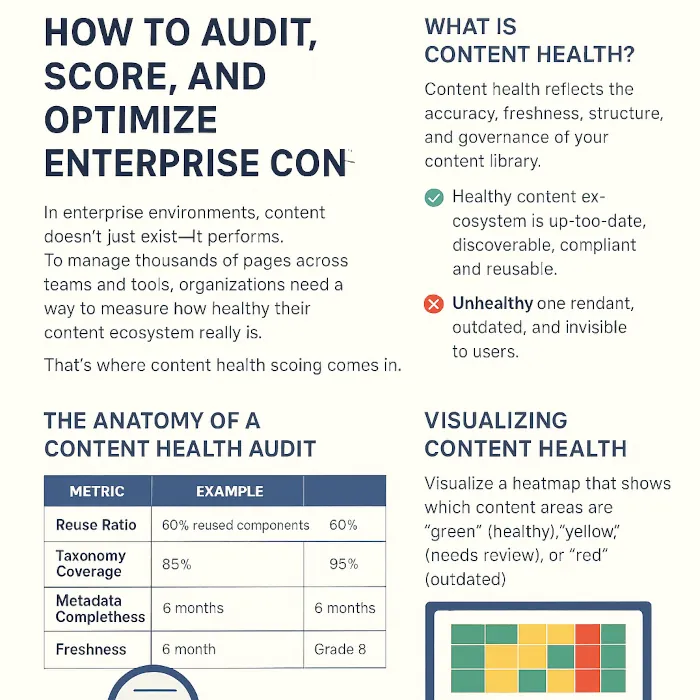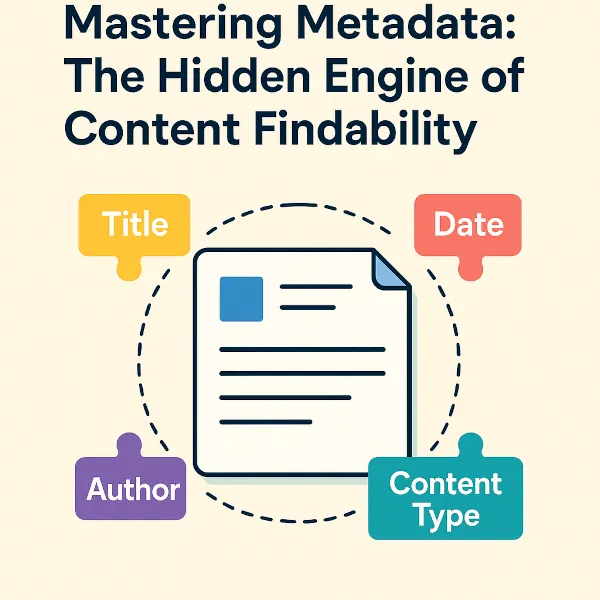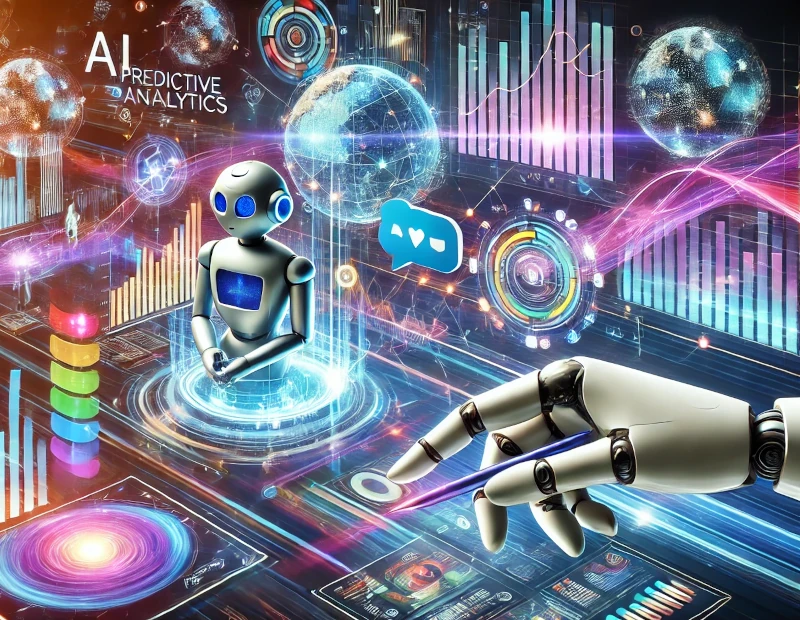Key Trends in AI Adoption in Higher Education
The adoption of artificial intelligence (AI) in higher education is witnessing significant momentum. This adoption is driven by evolving trends that are reshaping the learning landscape. Institutions are not only embracing traditional applications like personalized learning and smart campuses but are also exploring innovative uses of generative AI. Cutting edge Gen-AI is being employed for mental health support and career services. These developments, alongside refined approaches to data security, ethics, and operational efficiency, underscore AI’s transformative potential in academia.
Personalized Learning and Adaptive Education
One of the most prominent trends is the development of personalized learning approaches. By leveraging sophisticated AI algorithms, educational institutions can analyze individual student data to curate tailored learning experiences. This customization allows educators to address students’ unique strengths and weaknesses, enhancing their academic journey and overall performance. Recent advances in adaptive learning platforms powered by generative AI provide dynamic content creation and real-time tutoring. As a result, making learning more interactive and accessible.
Smart Campuses and Digital Transformation
The concept of smart campuses is evolving as AI and Internet of Things (IoT) technologies converge. The convergence is creating intelligent educational environments. These smart campuses not only automate administrative tasks and optimize resource allocation but also integrate sustainability initiatives and advanced data analytics. For instance, AI-powered systems can manage energy consumption, monitor building occupancy, and provide real-time feedback on environmental conditions. Hence, contributing to a more sustainable, secure, and productive campus experience.
Enhanced Research Capabilities and Interdisciplinary Collaboration
Advanced AI tools are revolutionizing research in higher education by enabling institutions to process vast amounts of complex data more effectively. AI-driven research platforms facilitate rapid data analysis, allowing faculty and students to derive insights faster and tackle intricate research questions. Additionally, interdisciplinary collaboration is on the rise as AI bridges gaps between fields—from the sciences to the humanities. Thus, this collaboration fosters innovative research projects and broadening the scope of academic inquiry.
AI-Driven Virtual Assistants and Academic Integrity
Virtual assistants and chatbots have become essential in providing 24/7 support for students. These AI systems handle inquiries related to admissions, course information, and administrative tasks, ensuring enhanced student engagement and efficient communication. In parallel, AI tools are now being deployed to uphold academic integrity. Advanced algorithms detect plagiarism and monitor content originality, guiding institutions in maintaining rigorous academic standards while embracing innovative learning methods.
Real-World Use Cases of AI in Higher Education

AI has emerged as a transformative force, providing solutions that enhance student success, streamline administrative processes, and create safer campus environments. Key use cases include:
- Predictive Analytics for Student Success: Institutions leverage AI to identify at-risk students by analyzing performance indicators such as attendance and assignment scores. Timely interventions can then be implemented to improve retention and success rates.
- Automated Grading and Real-Time Feedback: AI-driven tools are assisting instructors with grading and delivering immediate feedback, allowing more time for personalized engagement.
- Optimized Admissions and Enrollment Management: Machine learning algorithms analyze applicant data to predict candidate success, enhancing the quality of the student body while streamlining admissions.
- Campus Safety and Security: Surveillance systems powered by AI monitor campus environments in real time, quickly identifying unusual behaviors and potential threats to ensure a secure atmosphere.
Emerging Trends: Generative AI, Mental Health, and Career Services
Recent trends are broadening the scope of AI applications in higher education:
- Generative AI Integration: Tools like ChatGPT and other generative AI platforms are revolutionizing content creation and tutoring. These systems support students in drafting essays, solving complex problems, and exploring new ideas, though institutions are also developing guidelines to ensure ethical and responsible use.
- AI for Mental Health and Wellbeing: Innovative AI chatbots are now providing preliminary mental health support by identifying early signs of stress or anxiety. These systems can direct students to appropriate counseling services, helping maintain a supportive academic environment.
- AI-Driven Career Services: Universities are increasingly adopting AI for career counseling and job placement services. By analyzing individual skills, academic achievements, and market trends, AI platforms offer tailored career advice and connect students with potential employers.
- Hybrid Learning Optimization: In the wake of global shifts towards remote education, AI is enhancing both online and hybrid learning models. Adaptive platforms adjust to diverse learning environments, ensuring that all students, regardless of location, receive a high-quality educational experience.
Benefits of Integrating AI in Higher Education
Integrating AI into higher education offers numerous benefits. Personalized educational experiences tailored to individual learning paths improve academic outcomes, while automation of repetitive administrative tasks frees up time for strategic initiatives. Moreover, AI-driven data analytics empower educational leaders to make informed decisions regarding resource allocation, program effectiveness, and student support services. As these technologies scale to accommodate growing student populations, they ensure that education remains inclusive and equitable.
Challenges and Considerations in AI Adoption
Despite its many advantages, the integration of AI in higher education presents several challenges. Data privacy and security remain top priorities, as institutions must comply with regulations such as FERPA and GDPR. Additionally, comprehensive training for faculty and staff is essential to maximize the potential of AI tools. Financial constraints and the ethical considerations of bias in AI algorithms also require careful planning and ongoing investment. By addressing these challenges proactively, institutions can harness AI’s benefits while mitigating potential risks.
In summary, the landscape of AI in higher education is rapidly evolving. As traditional applications mature, new trends like generative AI, AI-based mental health support, and career services are emerging, further transforming the academic experience. Institutions that embrace these innovations while carefully navigating associated challenges are well positioned to lead the future of education.
Robert J. Villemure is a digital marketing, e-commerce, and web development expert with over 20 years of experience. As the founder of OptimizexAI, he helps businesses across healthcare, hospitality, higher education, and e-commerce harness AI to drive growth and innovation. Previously, he led large-scale SEO and digital initiatives at Barton Associates and Wynn Encore Boston Harbor, optimizing websites, boosting engagement, and managing multimillion-dollar digital campaigns. A graduate of the MIT Sloan + CSAIL AI program, Robert specializes in AI-driven marketing, predictive analytics, and technical SEO. Through OptimizexAI, he shares insights and strategies to make AI and digital transformation accessible for businesses of all sizes. Connect with him.



